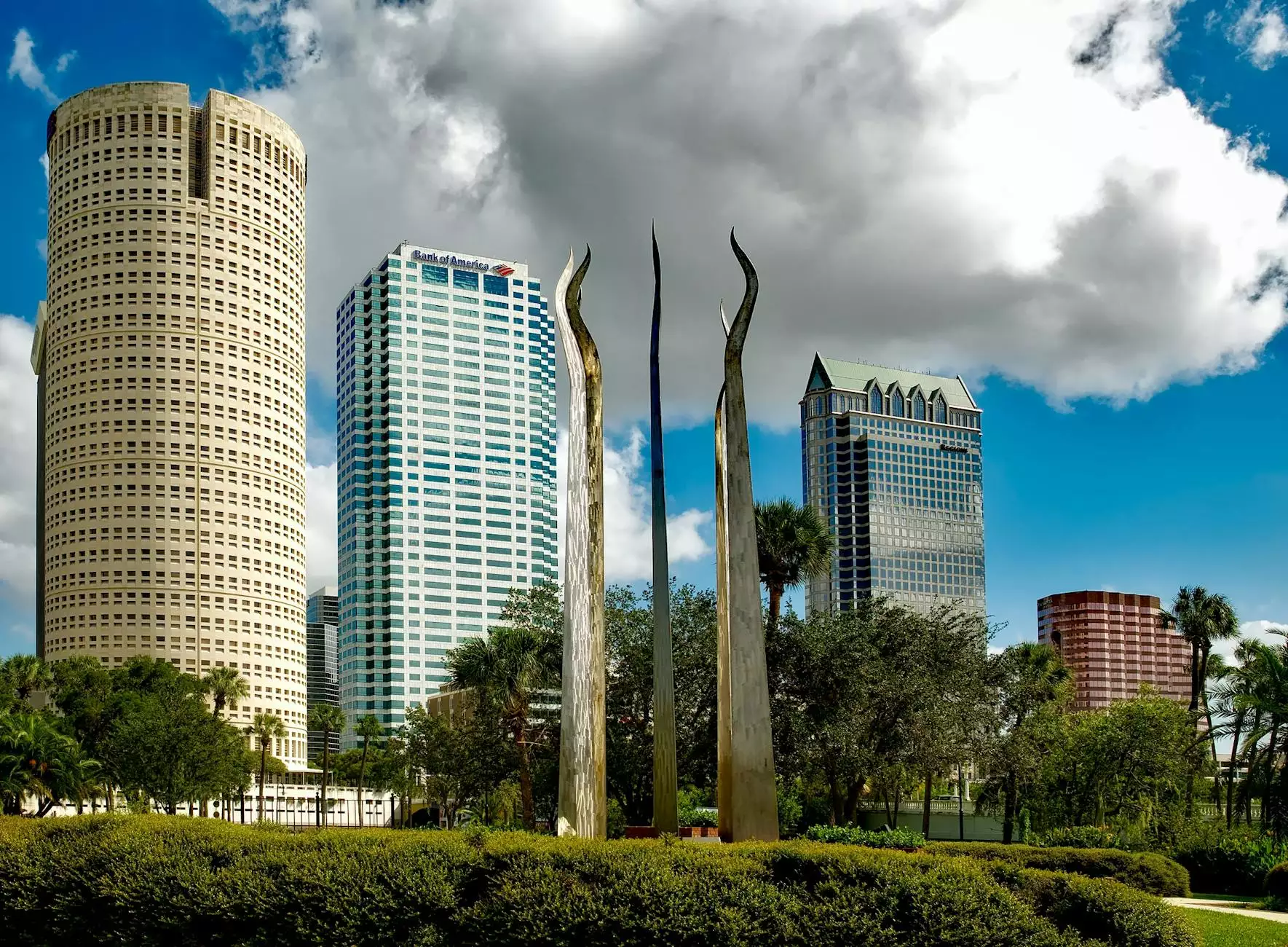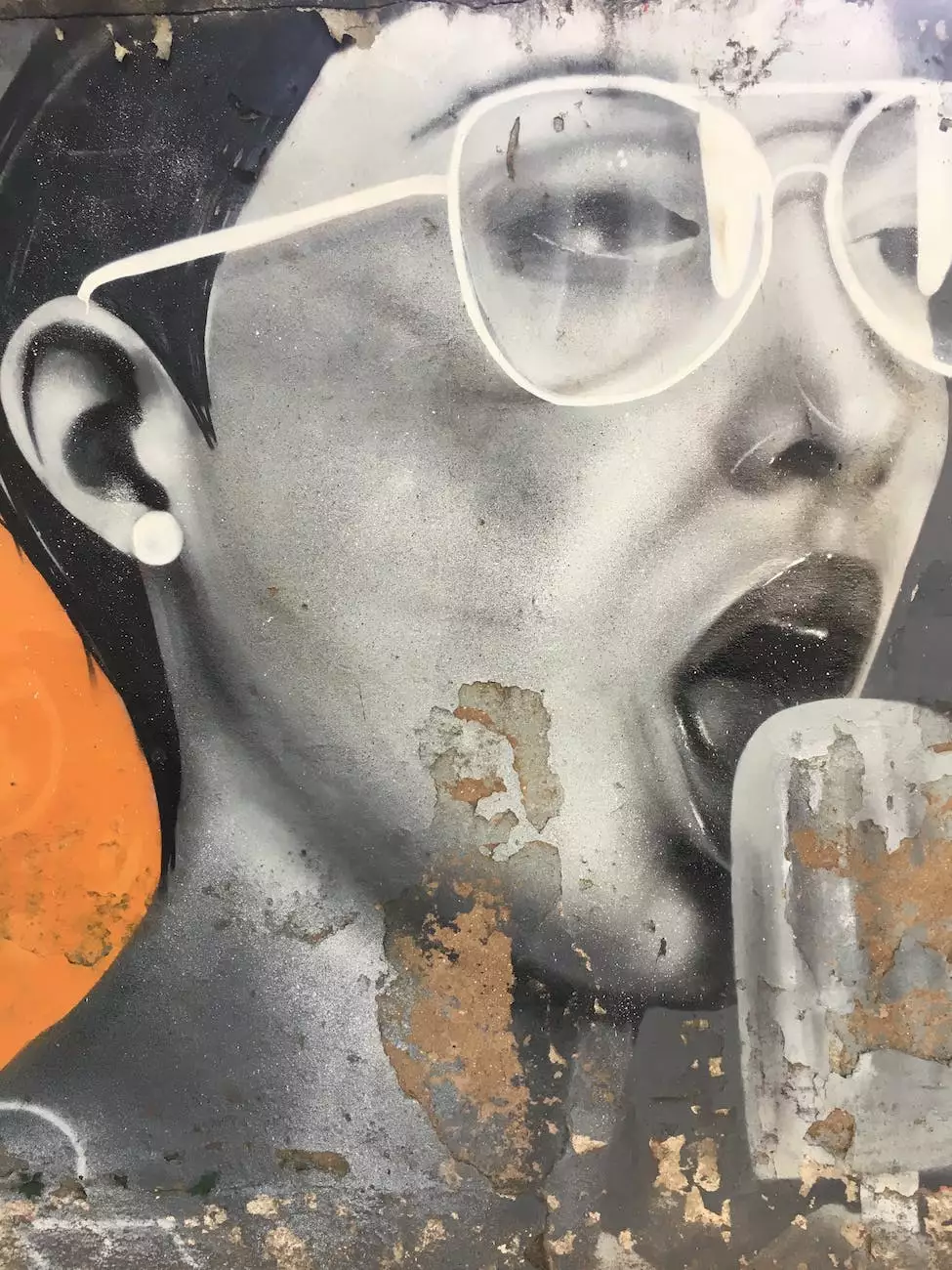6 Things to Know About Spinal Stenosis
Services
What is Spinal Stenosis?
Spinal stenosis is a common condition that affects the spine, specifically the narrowing of the spinal canal. This narrowing can put pressure on the spinal cord and nerves, leading to various symptoms and discomfort. Benjamin Shettell, MD is an experienced specialist in the treatment of spinal stenosis, providing effective care and relief to his patients.
1. Causes of Spinal Stenosis
Spinal stenosis can occur due to various factors such as aging, osteoarthritis, herniated discs, or spinal injuries. As we age, the spinal canal naturally narrows, which may contribute to the development of this condition. Additionally, certain injuries or degenerative changes in the spine can lead to spinal stenosis.
2. Symptoms of Spinal Stenosis
The symptoms of spinal stenosis can vary from person to person, but commonly include:
- Back pain
- Numbness or tingling in the legs
- Leg weakness
- Difficulty walking or maintaining balance
- Bowel or bladder dysfunction (in severe cases)
3. Diagnosis and Evaluation
If you suspect you have spinal stenosis, it is crucial to seek medical evaluation from a qualified physician like Dr. Benjamin Shettell. He will conduct a thorough physical examination and may order additional diagnostic tests such as X-rays, MRI, or CT scans to accurately diagnose your condition.
4. Treatment Options
Dr. Benjamin Shettell offers a range of treatment options tailored to each patient's unique needs. Non-surgical approaches, including physical therapy, medication management, and epidural steroid injections, are often recommended as initial treatments. In cases where conservative measures are not effective, surgical interventions may be considered, such as laminectomy or spinal fusion.
5. Recovery and Rehabilitation
Recovery from spinal stenosis depends on various factors, including the severity of the condition and the treatment approach. Dr. Benjamin Shettell provides personalized rehabilitation plans to enhance recovery, including physical therapy and ongoing follow-up care to monitor progress and ensure long-term success.
6. Preventive Measures and Lifestyle Modifications
While certain risk factors for spinal stenosis, such as aging, cannot be avoided, there are preventive measures and lifestyle modifications that may help reduce the risk or manage symptoms. These may include maintaining a healthy weight, regular exercise, practicing good posture, and avoiding excessive strain on the spine.
Contact Benjamin Shettell, MD for Expert Spinal Stenosis Care
If you or a loved one are experiencing symptoms suggestive of spinal stenosis, it is essential to seek professional medical care. Dr. Benjamin Shettell is a renowned specialist in the field of spinal stenosis, dedicated to providing high-quality care and comprehensive treatment options for his patients. Contact Dr. Shettell today to schedule a consultation and take the first step towards improving your spinal health.










